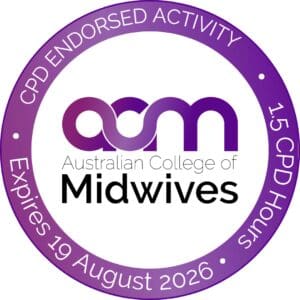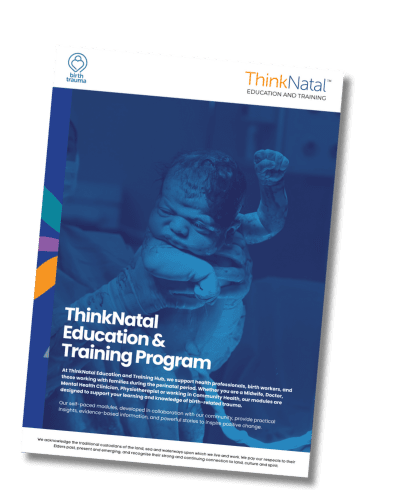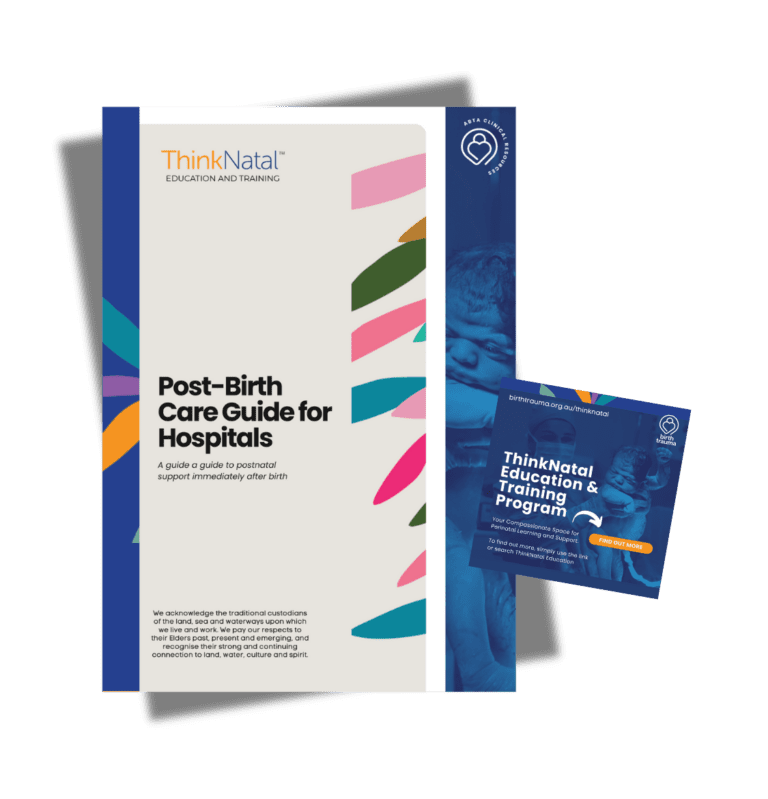Birth Trauma Awareness Week 2022 – Wrap Up
TRIGGER WARNING: Some discussion of birth injuries. Please read with care. If you’d like to connect with peer support find out more here. Birth Trauma
As part of our commitment to support health professionals, we welcome you to Birth Trauma Australia’s Health Professional resource hub. From patient and consumer resources and services to research, education, and training, our health professional hub supports you in giving the best care to you, your patients, and their families. We greatly value your feedback, please reach out to us to improved the quality and breadth of support and information available.
The BTA provides various training options to support the health and community sectors. ThinkNatal Training and Education Hub offers support services to women, birthing people, partners, and non-birthing parents who have experienced birth-related trauma and address the unmet needs of birthing families throughout Australia.
Our certified, comprehensive birth-related trauma training is designed to equip Healthcare Professionals with the skills necessary to prevent, diagnose, and treat birth-related trauma. Backed by research and personal stories, we offer a range of educational resources and training modules to enhance your professional development and improve care outcomes.
Birth-related trauma is a significant and ongoing issue globally, including in Australia. Often overlooked and misunderstood, it highlights the urgent need for greater awareness and support. While some trauma is unavoidable, much of it is preventable. Through our research and Peer2Peer support programs, we’ve gained valuable insights into the causes and impacts of birth-related trauma. These insights inform our training, which addresses the critical need to up-skill professionals in this important area.




Our six-week, in person support group, packed with content that will guide women to care pathways.
Our private Facebook group is a peer-moderated community where women connect, learn and get supported by others who have experienced birth-related trauma.
We hope this information encourages you to speak to fathers and partners about their experiences with birth.
Our philosophy is to encourage a collaborative, multi-disciplinary and individualised approach to pregnancy, birth and postpartum care that recognises each person’s life experiences, values, wants, needs and physical health requirements and we encourage our health professionals to do the same.
TRIGGER WARNING: Some discussion of birth injuries. Please read with care. If you’d like to connect with peer support find out more here. Birth Trauma